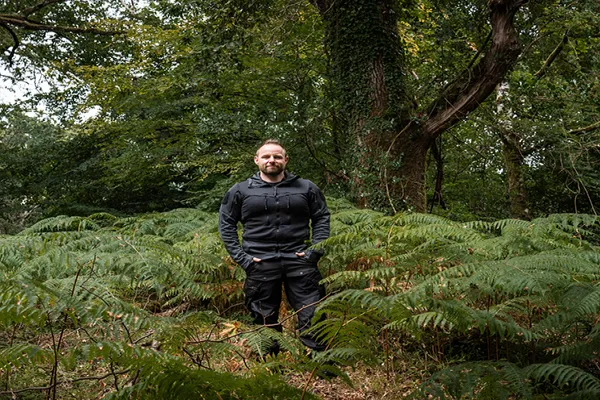Interest rates are low, geopolitical tensions are high, and the U.S. Treasury yield curve is inverted. Fixed-income investors are searching for answers — and they need look no further than Institutional Investor’s Global Fixed-Income Research Team.
The first annual ranking brings together the best fixed-income research providers for developed and emerging markets across the U.S., Latin America, Asia, Europe, the Middle East, and Africa. About 3,600 bond and credit specialists from 1,200 asset managers weighed in to determine the top research providers in each region — and the best firms globally.
Bank of America Merrill Lynch debuted at the top of the inaugural global leaderboard, with its fixed-income analysts collecting a total of 102 team positions across the six regions and more than 100 macroeconomic and credit sectors included in the survey. JPMorgan Chase & Co. followed close behind in second place, with 98 team positions. Citigroup placed third.
[II Deep Dive: The Best in Bond Research]
“We place great importance on actionable research and building a track record of being right,” David Woo, BofA’s head of global interest rates and currencies research, said in an emailed statement to II.
As the sell side grapples with the effects of Europe’s second Markets in Financial Instruments Directive — which effectively forced banks to sell their products à la carte — Woo said BofA is focusing on “becoming even more specialized and going even deeper on every issue to ensure our research adds value.”
“With predicting outsized market moves around key risk events becoming crucial for performance, timing our research is now critical for our success,” he added.
Such key risk events could include the next recession, which many investors believe could be imminent based on the recent behavior of the yield curve.
“There’s been a lot of work to try to identify the turn of the cycle,” Rob Rowe, head of Citi’s global strategy and macro group, said by phone. According to Rowe, a “confluence of events” ranging from the trade conflict between the U.S. and China to Britain’s impending separation from the European Union have made investors highly uncertain about where markets are heading.
And this uncertainty is fueling demand for quality investment research, according to Matt Jozoff, head of fixed income and index research at JPMorgan.
“In times like this, where rates are breaking into new territory and there’s just more volatility in general, clients are definitely looking for direction in terms of how to reposition and reallocate,” Jozoff said by phone.
Jozoff said JPMorgan is responding to client demand for intel by working to make its fixed-income research more accessible through the addition of podcasts and videos. At the same time, the firm continues to offer comprehensive and in-depth market analysis in its weekly fixed-income markets report, which can span as many as 150 pages long.
“Our philosophy is to take a deep dive into each of the sectors that we cover,” Jozoff said. “We’re really trying to make sure we have the best coverage for each sector.”
This includes shifting more focus onto quantitative research. “We’re taking some of the fixed-income analysts from different sectors and having them do more machine learning and artificial intelligence pieces as part of their coverage,” Jozoff said. “It’s introducing a new dimension to what we do.”
Citi has similarly expanded its quantitative research capabilities in recent months, according to Rowe. “We’ve been focusing on ways to apply machine learning and big data to macro research,” he said.
Other recent changes at Citi include restructuring its fixed-income platform to better meet client needs. Rowe said the bank has combined its credit markets, municipal securities, and securitized markets operations into a new unit, known as global spread products, as part of an effort to become more “solutions-oriented” and find more cross-sector opportunities.
“Buy-side clients are clearly starting to change the way that they’re doing asset allocation and the way they extract alpha, and we need to adjust to that as well,” he said.







